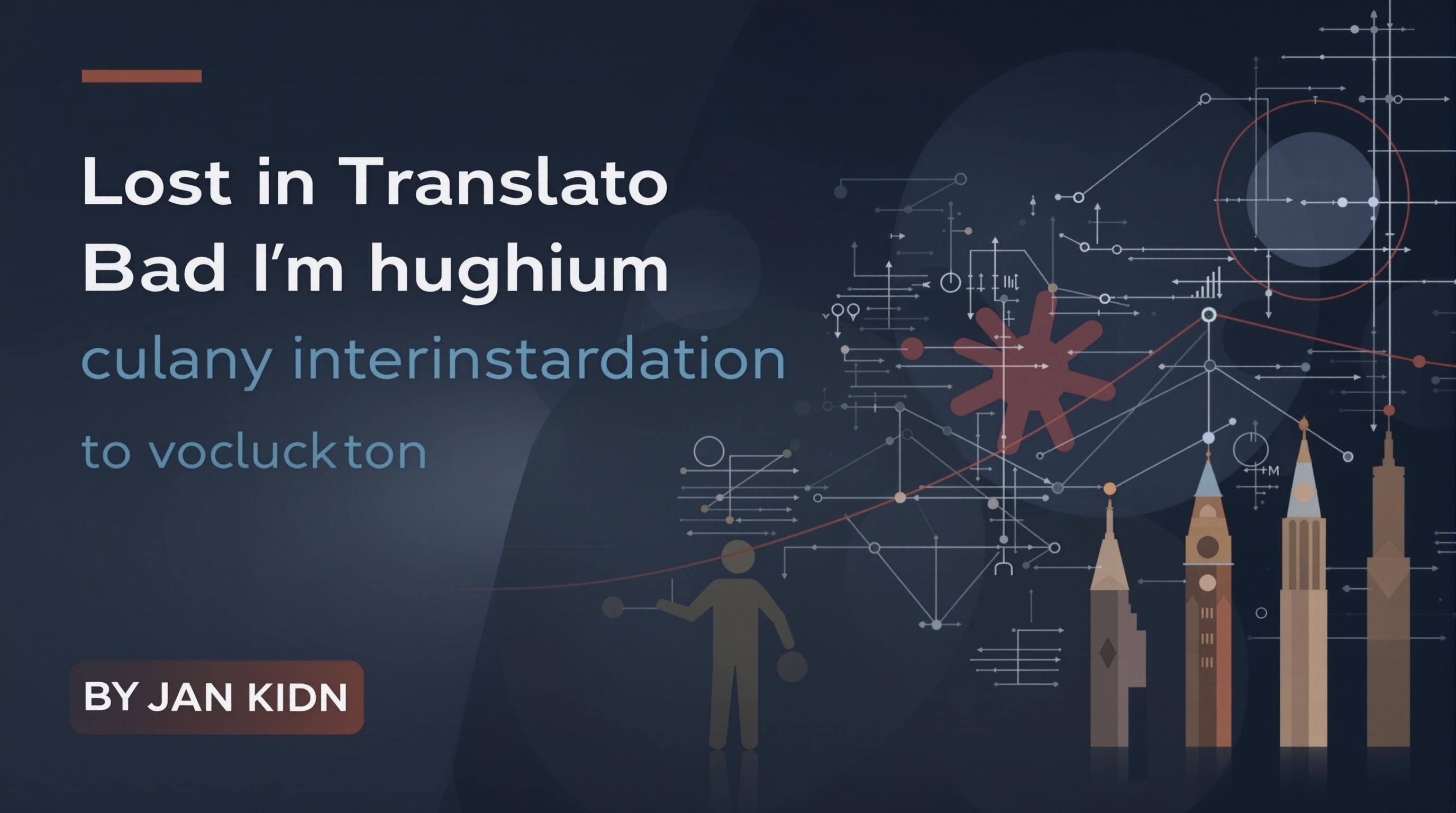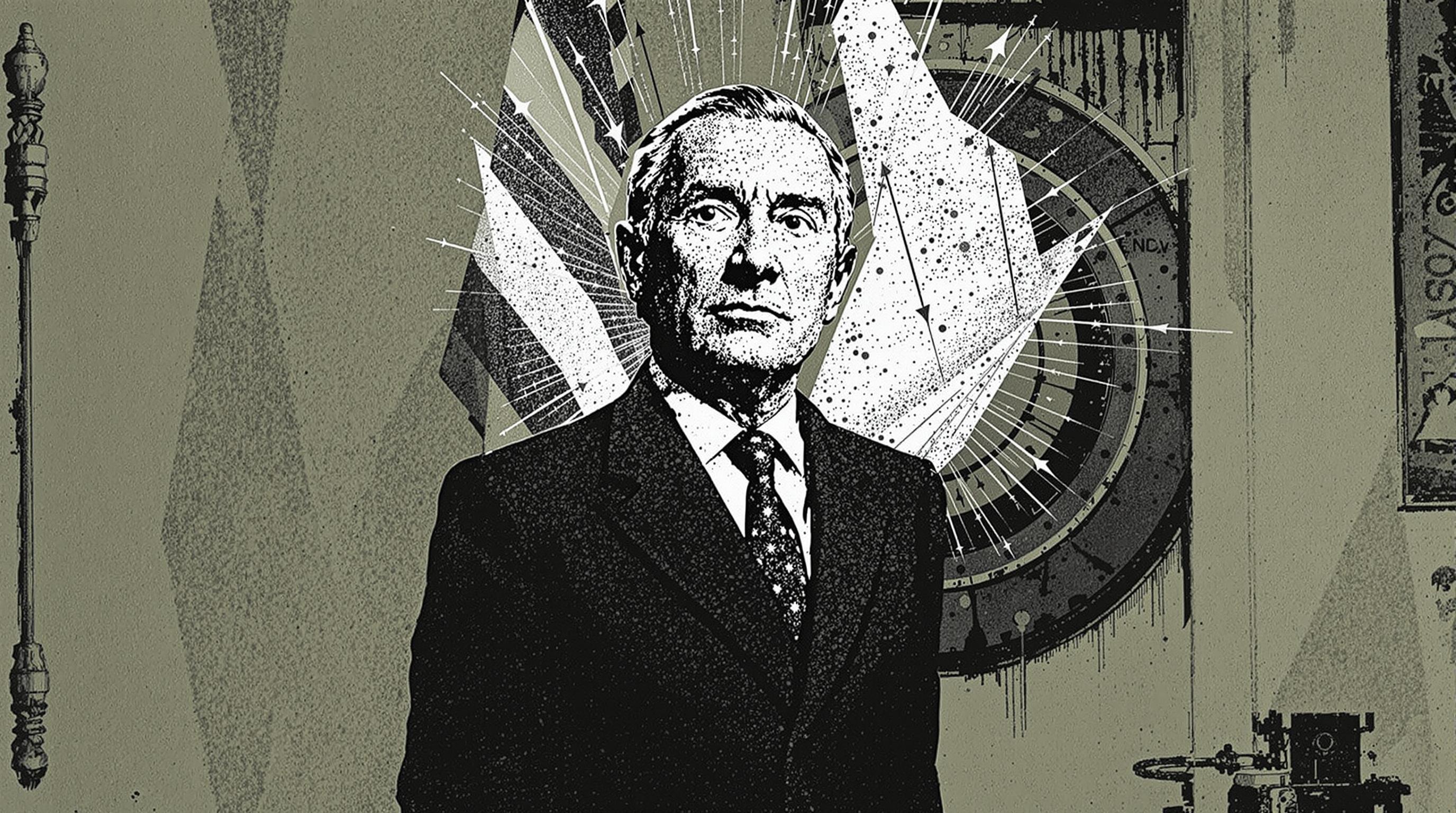Related Articles
- From Philanthropy to Profits: How Social Impact Investing is Reshaping the Future of Capital Markets
- Lost in Translation: How Language Barriers Shape Global Banking Relationships and Client Interactions
- Regulatory Labyrinths: Examining the Unanticipated Effects of Financial Laws on Sustainable Fashion Markets
- The Hidden Connection Between Gamification and Banking: How Playful Finance Engages a New Generation of Savers
- Borrowing Blues: How Your Zip Code Can Affect Loan Access and Financial Flexibility in Suburban vs Urban Areas
- Exploring the Quiet Revolution: How Biometric Privacy is Transforming User Trust in Digital Banking
Currency Alchemy: The Role of Global Banking in Shaping Emerging Market Financial Narratives and Identity
Currency Alchemy: The Role of Global Banking in Shaping Emerging Market Financial Narratives and Identity
In the ever-evolving landscape of global finance, currency functions not merely as a medium of exchange but as a dynamic entity that shapes narratives and identities within emerging markets. Through the lens of global banking, we examine how these financial institutions wield power in crafting the financial stories of nations, influencing everything from economic policy to personal identity.
Unpacking the Influence of Global Banking
Global banks act as the connective tissue of international finance, linking developed economies with emerging markets. With assets totaling over $24 trillion, these institutions mold economic policies and financial narratives through their investment strategies, lending practices, and market analyses (Source: Global Financial Stability Report, IMF). Their impact can be understood as a modern type of alchemy, turning local financial ecosystems into interconnected components of the global economy.
The Shifting Sands of Currency Value
In recent years, we've witnessed a remarkable transformation in the perception of currency itself. Historically, currency was seen simply as a means of transaction; however, its value and narrative have become synonymous with national identity. Think of the Bolivian boliviano or the Nigerian naira—not just currency but symbols rife with cultural significance and economic ambition. According to a 2022 study from the World Bank, currencies in emerging markets carry the weight of national integrity, driving citizens to take pride in their unique economic stories. (Source: World Bank, 2022)
The Case of the South African Rand
Take South Africa's currency, the rand, for instance. In the 90s, during the transitional phase from apartheid to democracy, the rand was at the center of a currency narrative surrounding freedom and equality. "The value of a currency is strongly tied to how the citizens perceive their value as a nation," says Dr. Thabo Mbeki, economist and former president. Today, however, the rand faces challenges, including political instability and low economic growth, currently trading at around 17.6 to 1 USD. This volatility tells a story of struggle but also potential—an alchemical process in financial identity where resilience becomes part of the narrative.
Global Banks: The Narrative Shoemakers
How do these financial giants help craft emerging market identities? The answer lies in their narrative-shaping prowess. By deciding where to invest and with whom to partner, global banks can elevate certain narratives while suppressing others. Let’s not forget the 2016 Bank of America Merrill Lynch report that cited Brazil as a rising star for investment, which led to a brief surge in Brazilian optimism, highlighting how narratives can become self-fulfilling prophecies.
The Rise of Fintech and Its Implications
With the advent of fintech, a enterprising narrative has begun to take root in emerging markets. Services like mobile payments and cryptocurrency platforms are democratizing access to international financial systems. For example, in Kenya, mobile money giant M-Pesa transformed not only financial transactions but also social mobility, facilitating economic empowerment in ways previously unimaginable. A Harvard Business Review article stated that M-Pesa helped to lift 194,000 households out of poverty (Source: HBR, 2020). This kind of economic alchemy reshapes identities not only in terms of currency but also in terms of self-worth and aspiration.
Anecdotal Evidence: A Day in the Life of a Brazilian Entrepreneur
Let’s imagine Maria, a 30-year-old entrepreneur in São Paulo, who operates a small organic food business. Maria opts for a global bank to manage her finances. When the bank invests in her company and champions the organic food market as part of Brazil’s identity, she begins to reference her work in conversations as vital not only for her family but for the national narrative of health and sustainability. Every purchase she makes with the Brazilian real carries new meaning, reflecting both personal ambition and national pride.
Risk and Reward: The Double-Edged Sword of Investment
Of course, the role that global banks play is not without its pitfalls. In many cases, the influence of these institutions can lead to economic dependency. For example, the 1997 Asian Financial Crisis serves as a stark reminder of how easily the narratives surrounding emerging markets can flip from optimism to despair. The hasty withdrawal of international capital caused dramatic currency declines, showcasing the dangers of relying on external financial narratives.
Statistics that Matter
International financial institutions play a pivotal role not just in shaping economic narratives, but in actually influencing the effectiveness of market strategies. A staggering 85% of emerging market debt is held by foreign investors, creating a narrative of risk and reward intertwined. (Source: Financial Times, 2021) As global banks dictate terms, questions arise: Are they building identities or shaping narratives that can later lead to upheaval?
The Importance of Cultural Context
Then there’s the importance of local culture and context. While global banking practices may excel in doing business, they sometimes fail to consider the socio-economic dynamics unique to emerging markets. The challenges of navigating differing cultural norms can lead to miscommunications that result in crisis narratives instead of opportunity narratives. In Brazil, for example, the public uproar against foreign banks over perceived exploitation led to a narrative of nationalism that dramatically influenced currency valuation and investment.
Financial Inclusion as a Narrative
With the growing focus on financial inclusion, banks are beginning to see the value in stories that empower rather than exploit. For instance, initiatives aimed at increasing access to banking services for women in India have generated significant social capital. According to recent reports, women comprising over 50% of India’s population contribute far less to financial sectors than their male counterparts due to outdated societal narratives. (Source: McKinsey, 2023) However, as banks target these demographics, they shape new identities that bolster the nation’s growth narrative.
Storytelling: The New Financial Narrative
Moreover, storytelling emerges as a fabulous tool for financial institutions. Case studies showcasing success stories, such as microfinance initiatives, serve to inspire and create new identities. When banks tell the stories of those they help—like the transformation of a farmer using loans to expand and diversify crops—they demonstrate that the true essence of currency lies in personal narratives rather than numbers on a balance sheet.
Conclusion: The Alchemists of Finance
In summary, global banking institutions have taken on the role of alchemists, transforming emerging market narratives through currency. They possess the power to shape identities, propelling citizens into futures imbued with hope—or sometimes uncertainty. As we move into an increasingly interconnected world, these narratives will continue to evolve, highlighting the importance of understanding the complexities of currency not solely as a means of transaction but as a reflection of the rich tapestry of human experience.
As we navigate this financial terrain, it becomes imperative for emerging markets to take ownership of their narratives. By fostering local narratives that embrace cultural realities and aspirations, they can create stories that resonate on a global level—equalizing the power dynamics of financial influence.
In this swirling world of currency alchemy, who will take charge of writing the next chapter? The answer, as we learn, lies within each emerging market’s evolving identity—a story waiting to be told.




